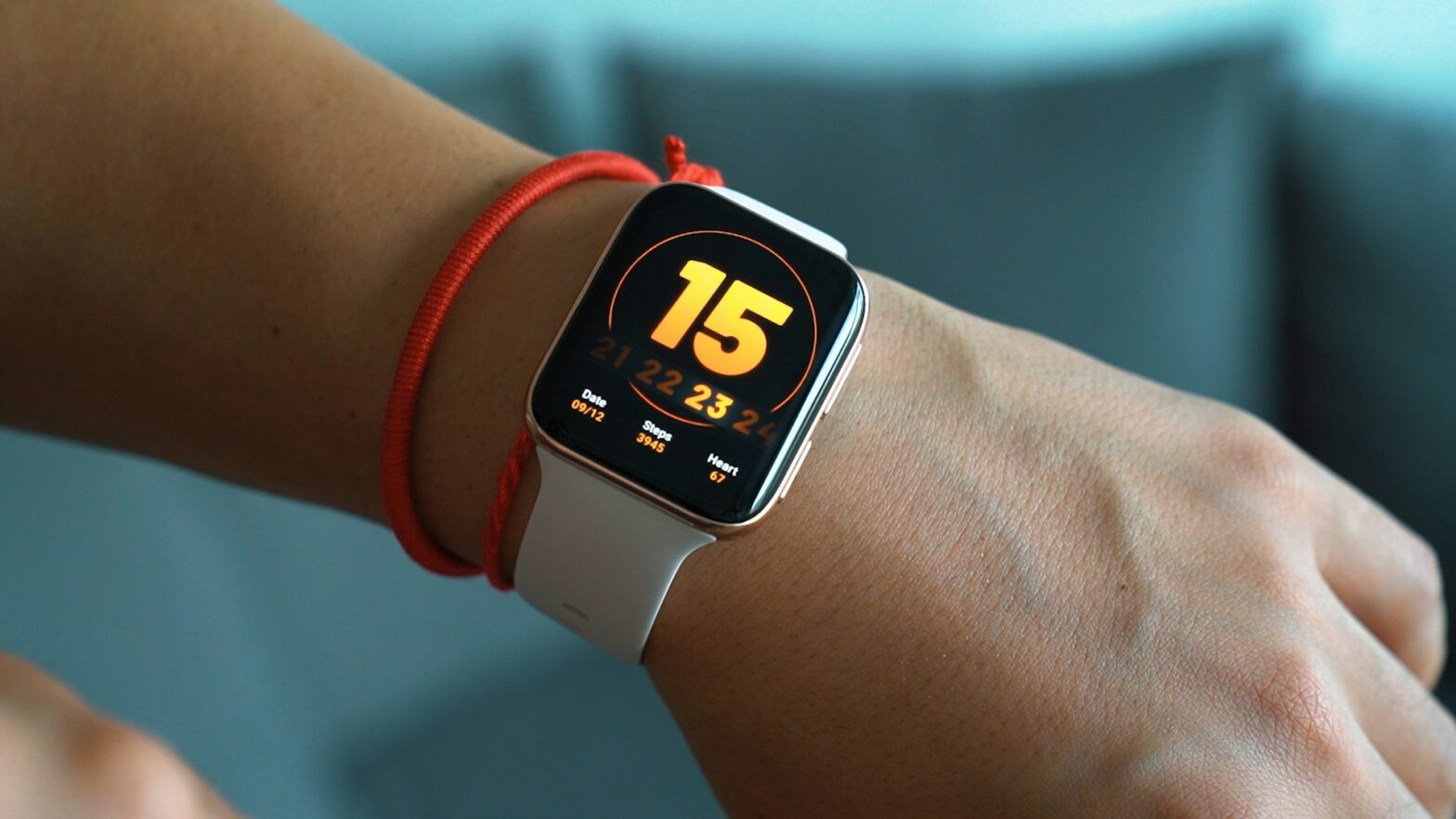Understanding Wearable Health Technologies
Wearable health technologies are compact, sensor-based devices designed to monitor various aspects of health and wellness in real-time. Equipped with sensors, accelerometers, gyroscopes, and other advanced technologies, these devices can track a wide range of metrics, including heart rate, physical activity, sleep patterns, blood pressure, glucose levels, and more. By seamlessly integrating into users’ daily lives, wearable health technologies provide continuous monitoring and feedback, empowering individuals to make informed decisions about their health behaviors and lifestyle choices.
Promoting Self-Awareness and Behaviour Change
One of the key benefits of wearable health technologies is their ability to promote self-awareness and behaviour change. By providing users with personalised insights and feedback about their health metrics and activity levels, these devices raise awareness of unhealthy habits, encourage physical activity, and motivate individuals to adopt healthier lifestyles. Through features such as activity tracking, goal setting, and progress monitoring, wearable health technologies empower users to set achievable health goals, track their progress over time, and celebrate their successes, fostering a sense of accomplishment and motivation.
Early Detection and Prevention
Wearable health technologies also play a crucial role in early detection and prevention of health issues. By continuously monitoring vital signs and health metrics, these devices can detect subtle changes in physiological parameters that may indicate underlying health conditions or risk factors. Early warning alerts and notifications enable users to seek timely medical attention, undergo diagnostic testing, or make lifestyle modifications to prevent the onset or progression of disease. Moreover, wearable health technologies facilitate remote monitoring and telehealth consultations, allowing healthcare providers to intervene proactively and deliver personalised care to patients, particularly those with chronic conditions or complex care needs.
Enhancing Patient-Provider Collaboration
In addition to empowering individuals in self-care, wearable health technologies facilitate greater collaboration and communication between patients and healthcare providers. By enabling users to track and share their health data with their care team, these devices facilitate more informed discussions during clinical encounters, enhance care coordination, and support shared decision-making. Healthcare providers can leverage the data collected from wearable devices to gain insights into patients’ health behaviours, monitor treatment adherence, and tailor interventions to meet individual patient needs, ultimately improving patient outcomes and satisfaction.
Challenges and Considerations
While wearable health technologies offer significant benefits for self-care and patient empowerment, several challenges and considerations must be addressed to maximise their potential. These include concerns about data privacy and security, accuracy and reliability of sensor measurements, user engagement and adherence, interoperability and data integration with electronic health records, and disparities in access and adoption among diverse populations. Moreover, ethical considerations surrounding informed consent, data ownership, and data sharing must be carefully navigated to ensure responsible and ethical use of wearable health technologies in self-care.
Conclusion
The rise of wearable health technologies represents a transformative shift in healthcare, empowering individuals to take an active role in managing their health and well-being. By providing real-time insights, promoting self-awareness, and facilitating early detection of health issues, these devices enable individuals to make informed decisions, adopt healthier lifestyles, and engage in proactive self-care. As wearable health technologies continue to evolve and proliferate, they hold immense promise for improving health outcomes, enhancing patient empowerment, and transforming the delivery of healthcare in the 21st century.
